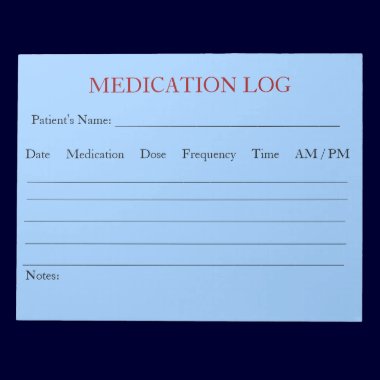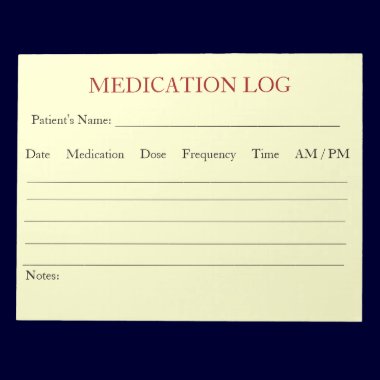The current economic situation doesn't help, since many folks on limited incomes have had to cut back on expenses, like meals out with friends, movie and sports tickets, and gas or transportation costs.
What do you do when someone you love begins to isolate?
Sort Out Depression From Other Issues
First off, try to assess whether the problem is a health issue, such as fatigue caused by pain or sleep problems, or full-blown depression. Recent studies show depression is very common among older adults, and is often confused with fatigue, chronic pain, and other issues. Here's a quick guide to the most commons signs of depression. If you have even the slightest question about whether a family member might be suffering from depression, call the doctor. Depression is treatable, and with treatment you'll see that familiar zest for life return.
Break Through Isolation
If the primary issue is isolation and loneliness, then your role becomes that of social instigator. Rather than nagging your family member to make plans or invite friends and family over, try spreading the word to others that visits and invitations out would be appreciated. When a relative says, "What can I do to help?" Answer with a specific suggestion, such as, "Why don't you take Dad fishing?" or "Why don't you take Mom out shopping for birthday presents for the grandkids?" We wish our other family members would pitch in more, but often we have to be the ones to organize it, or nothing happens. If it's a spouse that's isolating, put your social network to good use. Let your neighbors and friends know that it would be great if the guys could organize a poker game or weekly sports night.
Consider Adult Day Care
Rotary International, which runs adult day care centers in many communities, published a list of the benefits available to seniors who participate in adult day are. According to Rotary, going to a day care facility can help older adults:
• avoid loneliness
• participate in activities without having to organize them
• learn new things
• socialize with others without initiating
• eat regular healthy meals and snacks
Don't worry if your initial suggestion of checking out the local adult day center meets with a grumpy refusal. It's pretty much the norm to encounter resistance when you first suggest day care to your parent, spouse, or other relative. After all, it's something new, it's a "hassle" requiring getting organized and transportation, and it implies the need to be "looked after," which can be hard on someone's pride.
But keep plugging away, repeating the suggestion when there's a natural window to bring it up. One friend had good luck when she was driving her mom to a doctor's appointment and just "happened" to pass the senior center on the way home and pulled over, suggesting they check it out.
Another friend checked the schedule, found an activity she knew her dad would like (a woodworking craft class), and scheduled him to participate. Once he started attending the once-a-week class, he was willing to stay longer and go more often. More suggestions and strategies always welcome.
____________________________
 |  |
Health Management Aids
$16.00 - Fatigue Notebook
$16.00 - Sleep Journal











No comments:
Post a Comment